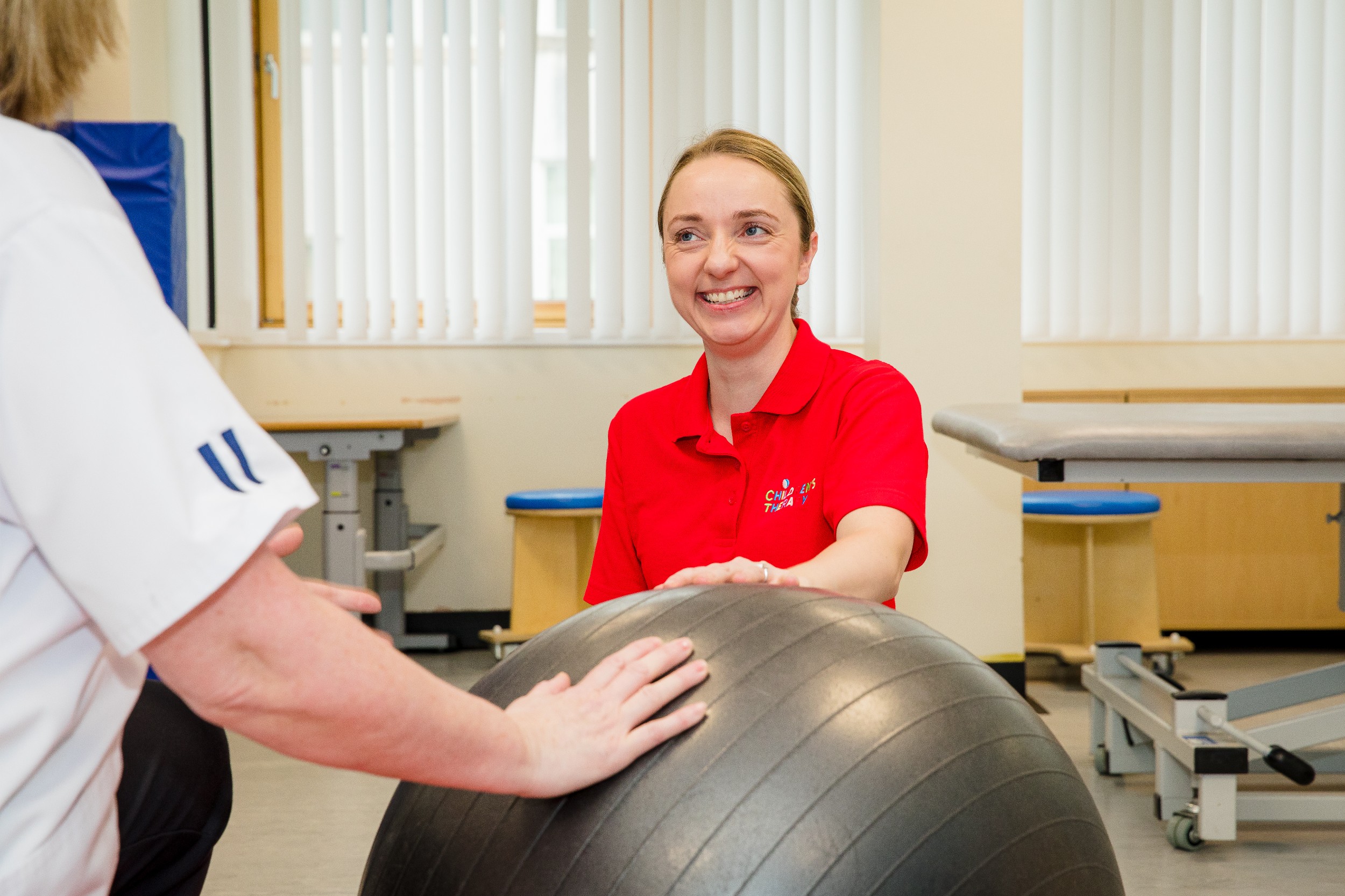
Self referral
Having surgery can be worrying, not only because of the procedure, but also because of the impact it can have on you and your loved ones. It is often an unknown experience. The below information may help in preparing you for how you may feel after the surgery, what may help you recover from your procedure and how you can help get the best outcome.
Your body needs time to recover from the trauma of surgery and to adjust to its new condition. Depending on your surgery this may take some time. Many people are surprised at the length of time it takes to get over the operation.
When you first get home you may feel impatient or feel frustrated that you are not recovering as fast as you would like. Try to be patient, it takes a while to recover, particularly if there have been complications after your surgery.
It's important to find out how your operation went. Here are some questions you may want to ask:
You'll always have some pain after having surgery. Tell your nurse as soon as you start to feel any pain so they can give you painkilling medication as soon as possible. This will stop it getting worse (medication can take 20 minutes to start working) and improve it.
The sooner you start to move around, the better. Lying in bed for too long can cause some of your blood to pool in your legs. This puts you at risk of a blood clot. If possible, doing some leg exercises can help prevent a blood clot. These may be as simple as flexing your knees or ankles and rotating your feet.
You may be given special support stockings to wear after surgery to help your blood circulation. Your nurse or doctor will explain how you should use these. Some people are given an injection to thin the blood slightly to help reduce the risk of clots.
Signs to look out for after your operation include:
Before you leave hospital, you may (depending on the type of operation you had) have an appointment with a physiotherapist. They'll be able to advise you about any exercises you need to carry out. You'll also be given advice about how to care for your wound, any equipment you may require, such as dressings, bandages, crutches and splints, and maybe a dose of painkillers. Your discharge will be affected by how quickly your health improves while you're in hospital and what support you'll need after you return home.
You may want to ask some questions before you leave hospital, such as:
You won't usually be able to drive yourself home after surgery. Instead, you could ask someone to pick you up or take you home in a taxi.
It's a good idea to have an adult available to help you for at least 24 hours after having a general anaesthetic or epidural.
It's important to arrange for appropriate care after your operation. For older people, it's important to arrange for suitable equipment and care. You shouldn't be afraid to ask your physiotherapist, nurse or any member of the team for things that may help you, such as a wheelchair or walking frame.
Don't be surprised if you feel very tired when you get home, especially if you have had a major operation or a general anaesthetic. You should only do as much as you feel able to in the days after your operation. But it's important to try to move around as soon as possible and follow your doctor's advice on getting active again. This will encourage your blood to flow and your wounds to heal, and will build up strength in your muscles. Generally, try to get back into your regular routine as soon as possible. Use this as an opportunity to make a fresh start. If you have a dressing on the area operated on, follow the instructions your nurse gave you to care for your wound at home.
Your doctor will have given you an idea of how long it'll take to get back to normal.